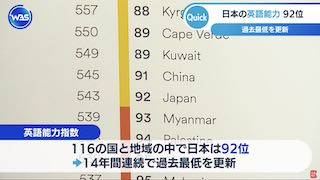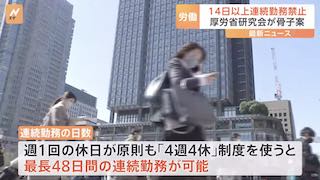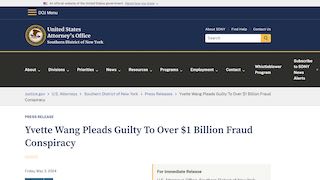Mar 23 (Japan Times) - Investors are growing increasingly skittish about the stability of Masayoshi Son’s empire.
Son’s SoftBank Group Corp., one of Japan’s most indebted companies, had been chipping away in recent years at concerns about its ability to carry that burden. As the founder remade the telecom company into a tech investor, analysts reassessed the debt in terms of the value of SoftBank’s shareholdings, a gauge that had made its balance sheet appear more manageable.
But the coronavirus pandemic is threatening to undo that progress as it pulls down equity markets and triggers the worst sell-off in credit markets since the 2008 financial crisis. It’s sparked a dramatic surge in the price of insuring against defaults around the world, including SoftBank’s. The company’s credit-default swaps have spiked to the highest in a decade.
“SoftBank has refinancing needs and constantly faces new fundraising needs, so it would be difficult to access funds if the current credit market turmoil continues,†said Hiroyuki Nishikawa, an analyst at S&P Global Ratings. The base scenario still remains that SoftBank has cash reserves to repay debt for the next two years, he added.
There has been no change in SoftBank’s financial policy of focusing on loan-to-value and having enough liquidity on hand to cover two years worth of bond repayments, the company said in an emailed statement. SoftBank said it is curbing new investments to match the current environment and acknowledged that fundraising costs are likely to rise going forward.
S&P cut its outlook on the group to negative late Tuesday, citing the broad market declines and the conglomerate’s plans for a share buyback.
Its market value of ¥6.78 trillion ($63.5 billion) is now less than that of SoftBank Corp., the domestic telecom operation that sold shares to the public last year. SoftBank Group still owns about two-thirds of the unit.















